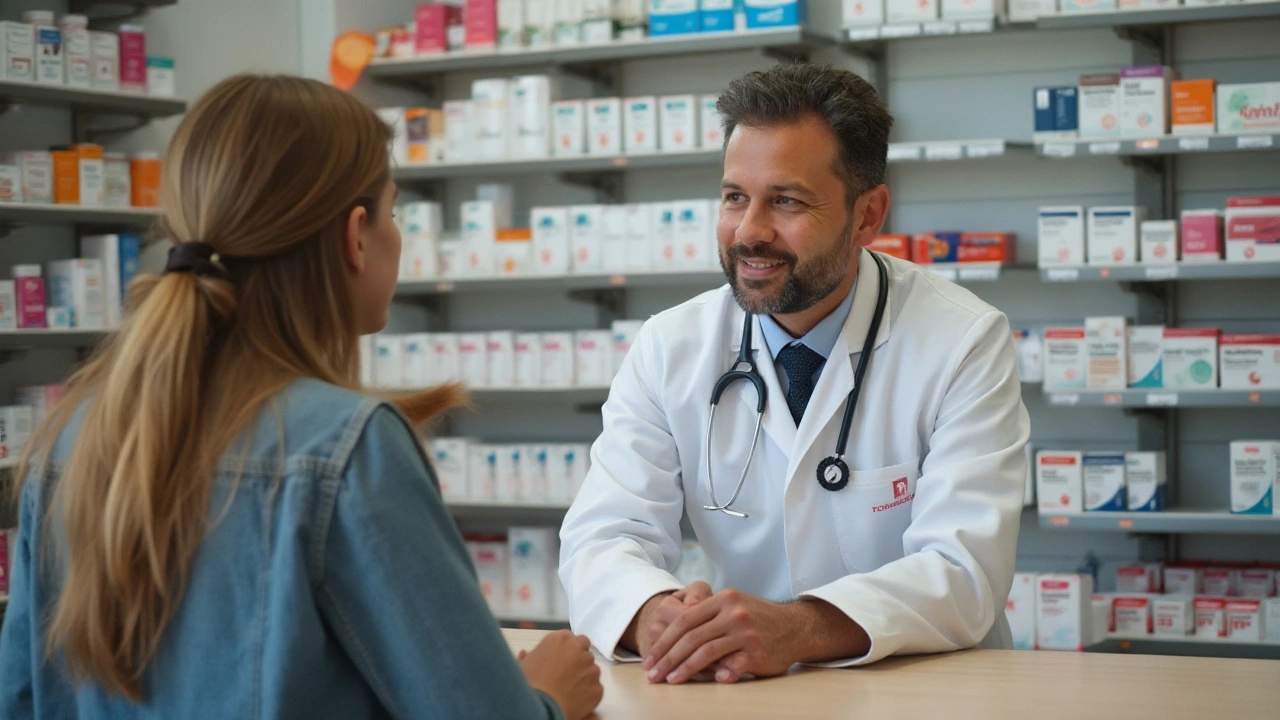Herpes Treatments: What Works Best for You?
If you’re reading this, chances are you’ve been looking for ways to handle a herpes outbreak without feeling lost. The good news is there are several proven treatments that can keep symptoms in check and lower the chance of spreading the virus. Below we’ll walk through prescription options, over‑the‑counter helpers, and simple lifestyle tweaks that make a real difference.
Prescription Antivirals – Your First Line of Defense
The most reliable way to control herpes is with antiviral meds such as acyclovir, valacyclovir, or famciclovir. These drugs work by stopping the virus from replicating, which means fewer sores and faster healing. Doctors usually prescribe a short “episodic” course when you feel an outbreak coming on, but many people opt for daily suppressive therapy if they get frequent flare‑ups. Suppressive dosing not only cuts down on the number of outbreaks, it also reduces transmission risk to partners by up to 50 %.
Start the medication as soon as you notice tingling or a small bump—timing matters. The earlier you begin, the less severe the sore will be. Most people tolerate these pills well; mild side effects can include headache or stomach upset, which often fade after a few days.
Over‑the‑Counter and Home Remedies
If you prefer something without a prescription, several OTC options can help ease discomfort. Docosanol cream (often sold under the brand name Abreva) can shorten healing time when applied at the first sign of a cold sore. ALA (alpha‑lipoic acid) supplements have shown promise in reducing outbreak frequency for some users, though results vary.
Topical pain relief is another easy fix—apply a dab of lidocaine or benzocaine gel to numb the area while it heals. Keep the sore clean with mild soap and water; avoid picking at it, as that can spread the virus to other skin parts.
Lifestyle Tweaks That Boost Treatment Success
Medications work best when you support them with healthy habits. Stress is a major trigger, so regular exercise, meditation, or simple breathing exercises can lower outbreak chances. A balanced diet rich in vitamins C and E, zinc, and lysine may also help; many people find that taking lysine supplements (1,000 mg daily) reduces the severity of cold sores.
Protecting your skin from UV light is crucial—sun exposure can reactivate the virus. Use a lip balm with SPF 30 or higher whenever you’re outdoors. For genital herpes, use condoms consistently and consider discussing suppressive therapy with your partner to keep both of you safer.
When to See a Doctor
If sores don’t improve after a week of treatment, become unusually painful, or are accompanied by fever, it’s time to get medical advice. Newborns and people with weakened immune systems need prompt attention because herpes can cause serious complications.
Remember, having herpes is common and manageable. With the right mix of prescription antivirals, sensible OTC aids, and lifestyle care, you can keep outbreaks under control and live confidently. Start by talking to your healthcare provider about which regimen fits your situation best, and take one step at a time toward clearer skin and peace of mind.

Exploring Effective Valtrex Alternatives in 2024
Caspian Mortensen Oct, 22 2024 10Discover nine worthy alternatives to Valtrex in 2024 that offer various approaches to treating viral infections like herpes simplex and shingles. Each alternative antiviral drug, including Acyclovir, Famciclovir, and more, presents its unique advantages and limitations. This article provides an insightful comparison of different treatment options available for individuals seeking alternative therapies. The final section includes a comparison table summarizing key elements to aid in informed decision-making.
More Detail